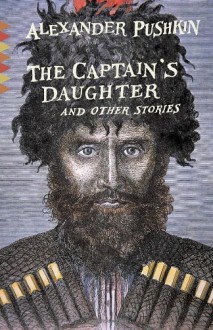
Actual Rating: 4.5
After reading Vicktor's story, I was excited to continue on with this series. I quickly picked up the sequel, but admit I wasn't convinced I'd enjoy Roman's story quite as much as Victor's. Not anything against Roman, I loved his role in In Sheep's Clothing as Victor's friend, and as a Christian who tried to do the right thing and was always there to support his friends along with David (Preach)'s help when issues arose that needed prayer or advice. He struck me as the fun more carefree one of the group, well if there is such a thing in a group of Russian FSB (formally KGB) members and American soldiers. But, still.... He's the one with the jokes and always trying to make light of a dark situation when his friend need the hope and a loyal companion.
That said, his story, and character, are drastically different from Vicktor's. Whereas Vita is the 'tall, dark, and handsome, Russian cop, take no prisoners type tough-guy who things women are either cursed or all crazy, and is hard set on revenge to atone for past sins, with or without the help of his Believing friends. Roman is different. Coming from a very different background, Roman is just trying to prove himself worth and good enough as a man of God, trying desperately to avoid his father's failures, while struggling to find his place in God's will in the harsh Siberian reality.
Much to my surprise, I ended up loving this one! More so even than book 1, which blew me away and snuck up on my toward the end! I loved seeing Roman and Sarai's story unfold, but also loved how the truths they discovered, about themselves, each other, and God's will were relevant in my life today, and how they even had the chance to display their newfound knowledge before the story ended, which was a satisfying addition to the story.
I also must mention Genye and Anya! I enjoyed meeting them early on in the book, and loved their role more as the story plays out. They serve several purposes, missionaries, mentors, friends, and a sort of adopted/found family for Sarai for a time along with others. I loved their wisdom and guidance, from Genye's silent knowing and protective kindness, to Anya's talk in the kitchen and her guidance as a medical missionary alongside Sarai.
I also loved seeing the duel POV as Roman and Sarai's relationship grows and develops. I always love duel POV for romances and similar stories, but this one was extra important and enjoyable amidst all the twists and surprises, sometimes even the character themselves made a new discovery of self realization that changes things in how they react to each other in the future, and I loved seeing that progression, and the thought processes that lead to those new turns!


 Log in with Facebook
Log in with Facebook 








